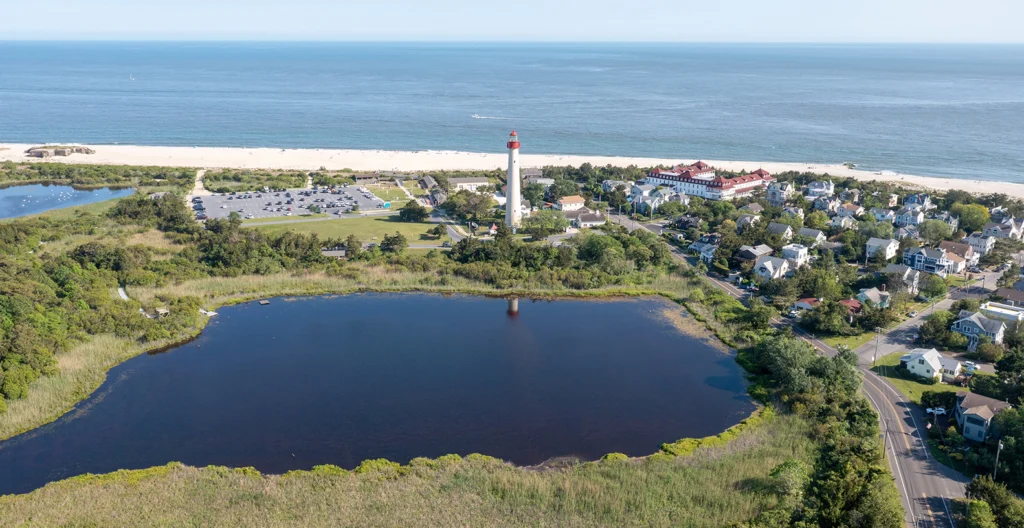All Ramsey Addiction Treatment Centers
-
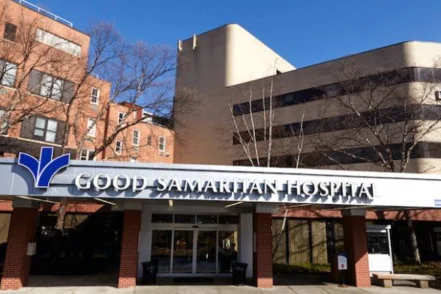
Good Samaritan Hospital Drug Abuse Treatment
255 Lafayette Avenue
Suffern, New York 10901Treatment Programs
- Alcohol Rehab
- Dual Diagnosis
- Opioid Addiction
- +5
Insurance
- Medicaid
- Private insurance
- +4
-
Lexington Center for Recovery Airmont
100 Route 59
Airmont, New York 10901Treatment Programs
- Alcohol Rehab
- Dual Diagnosis
- Opioid Addiction
- +5
Insurance
- Medicaid
- Private insurance
- +3
-
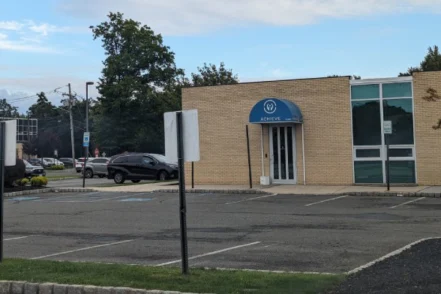
Bikur Cholim Partners in Health
25 Robert Pitt Drive, Suite 101
Monsey, New York 10952Treatment Programs
- Dual Diagnosis
- Young Adult Rehab
- Adult Program
- +1
Insurance
- Medicaid
- Private insurance
- +2
-
Renfrew Center of New Jersey
174 Union Street
Ridgewood, New Jersey 07450Treatment Programs
- Dual Diagnosis
- Young Adult Rehab
- Adult Program
- +1
Insurance
- Private insurance
- Self-pay options
-
Rockland Council On Alcoholism RCADD
25 Smith St, Suite 101
Nanuet, New York 10954Treatment Programs
- Alcohol Rehab
- Opioid Addiction
- Drug Rehab
- +4
Insurance
- Self-pay options
-
Integrative Recovery and Wellness Clinic
1 Sears Drive, Suite 406
Paramus, New Jersey 07652Treatment Programs
- Alcohol Rehab
- Opioid Addiction
- Drug Rehab
- +4
Insurance
- Private insurance
- Self-pay options
- +1
-
Straight and Narrow Monsignor Wall Social Service Center
230 E Ridgewood Avenue, Building 10
Paramus, New Jersey 07652Treatment Programs
- Alcohol Rehab
- Dual Diagnosis
- Opioid Addiction
- +5
Insurance
- Medicaid
- Self-pay options
- +6
-
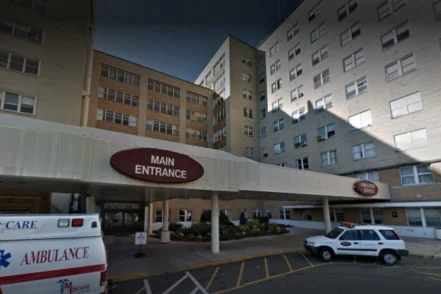
Bergen New Bridge Medical Center
230 East Ridgewood Avenue
Paramus, New Jersey 07652Treatment Programs
- Alcohol Rehab
- Dual Diagnosis
- Opioid Addiction
- +6
Insurance
- Medicaid
- Self-pay options
- +5
-
Jawonio PROS Tech Building
775 North Main Street
Spring Valley, New York 10977Treatment Programs
- Dual Diagnosis
- Adult Program
- Senior Rehab
- +2
Insurance
- Medicaid
- Private insurance
- +2
-
Spring House Womens Halfway House
327 E Ridgewood Ave, Suite 7
Paramus, New Jersey 07652Treatment Programs
- Alcohol Rehab
- Opioid Addiction
- Drug Rehab
- +4
Insurance
- Private insurance
- Self-pay options
-
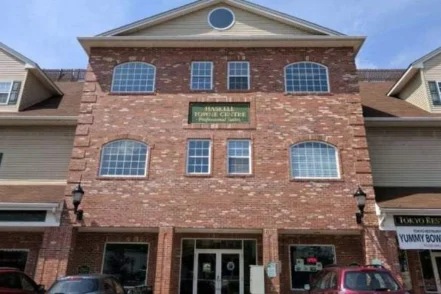
New Bridge Haskell
1069 Ringwood Avenue, Suite 202
Haskell, New Jersey 07420Treatment Programs
- Alcohol Rehab
- Dual Diagnosis
- Opioid Addiction
- +4
Insurance
- Medicaid
- Private insurance
- +6
-
Rockland County Department of Mental Health
50 Sanatorium Road, Building F
Pomona, New York 10970Treatment Programs
- Dual Diagnosis
-
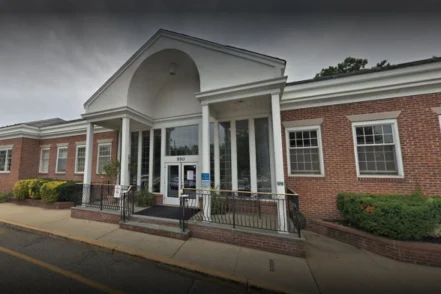
Professional Counseling Associates Oradell
550 Kinderkamack Road
Oradell, New Jersey 07649Treatment Programs
- Alcohol Rehab
- Dual Diagnosis
- Opioid Addiction
- +5
Insurance
- Private insurance
- Self-pay options
- +3
-
Russell E Blaisdell Addiction Treatment Center
140 Old Orangeburg Road, Building 57
Brooklyn, New York 10962Treatment Programs
- Alcohol Rehab
- Opioid Addiction
- Drug Rehab
- +3
Insurance
- Medicaid
- Medicare
- +2
-
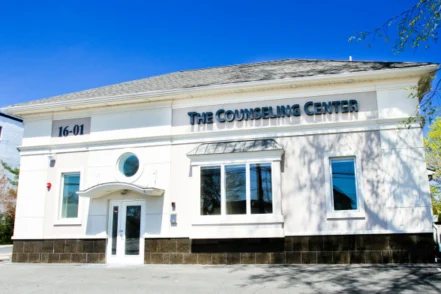
The Counseling Center Fair Lawn
16-01 Broadway
Fair Lawn, New Jersey 07410Treatment Programs
- Alcohol Rehab
- Dual Diagnosis
- Opioid Addiction
- +4
Insurance
- Private insurance
- Self-pay options
- +1
Other Nearby Cities
Top Drug Rehab Centers in New Jersey
-
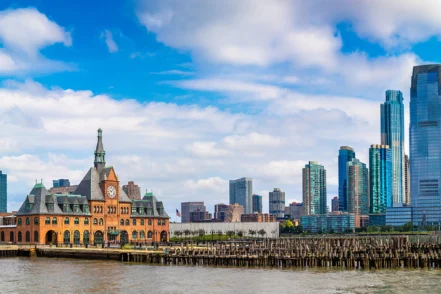 New Jersey
New JerseyRecovery Centers of America at Voorhees
526 S Burnt Mill Road Voorhees, New Jersey 08043
Treatment Programs
- Alcohol Rehab
- Drug Rehab
- Adult Program
- +2
-
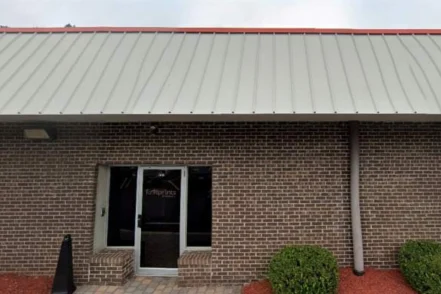 New Jersey
New JerseyFootprints to Recovery New Jersey
3535 Quakerbridge Road, Suite 300 Hamilton Township, New Jersey 08619
Treatment Programs
- Alcohol Rehab
- Dual Diagnosis
- Opioid Addiction
- +7
-
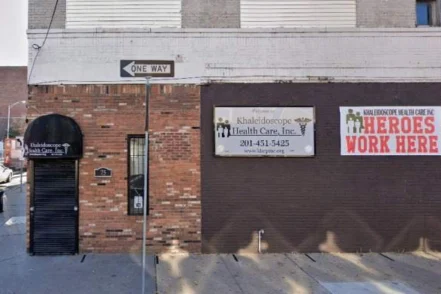 New Jersey
New JerseyKhaleidoscope Healthcare
75 Harrison Avenue Jersey City, New Jersey 07304
Treatment Programs
- Alcohol Rehab
- Dual Diagnosis
- Opioid Addiction
- +5
-
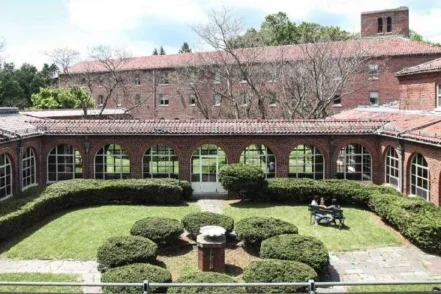 New Jersey
New JerseySunrise House Lafayette
37 Sunset Inn Road Lafayette, New Jersey 07848
Treatment Programs
- Alcohol Rehab
- Dual Diagnosis
- Opioid Addiction
- +5
-
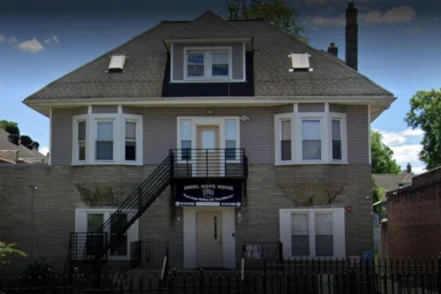 New Jersey
New JerseyAngel Hope House
800 Clinton Avenue Newark, New Jersey 07102
Treatment Programs
- Alcohol Rehab
- Dual Diagnosis
- Opioid Addiction
- +6
-
 New Jersey
New JerseySOBA New Jersey
104 Bayard Street New Brunswick, New Jersey 08901
Treatment Programs
- Alcoholism
- Opioid Addiction
- Drug Addiction
- +3
-
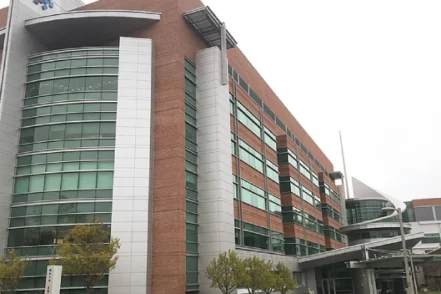 New Jersey
New JerseyJersey Shore University Medical Center Neptune
1945 State Route 33 Neptune, New Jersey 07753
Treatment Programs
- Alcohol Rehab
- Dual Diagnosis
- Opioid Addiction
- +4
-
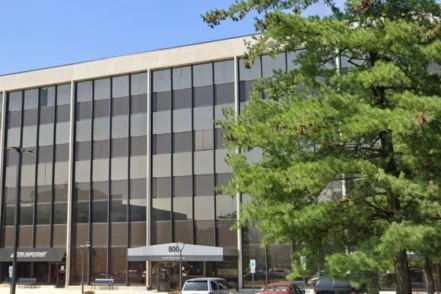 New Jersey
New JerseyLegacy Healing Center New Jersey
800 Kings Hwy N, Suite 100 Cherry Hill, New Jersey 08034
Treatment Programs
- Alcohol Rehab
- Dual Diagnosis
- Drug Rehab
- +3
-
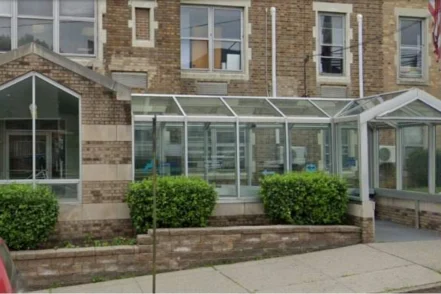 New Jersey
New JerseyEndeavor House North
206 Bergen Avenue, Suite 102 Kearny, New Jersey 07032
Treatment Programs
- Alcohol Rehab
- Dual Diagnosis
- Opioid Addiction
- +5
-
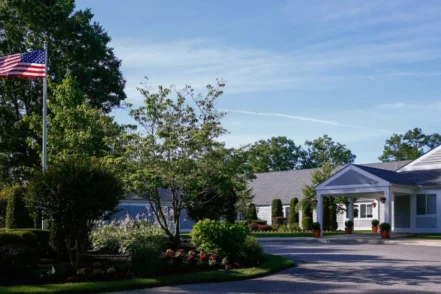 New Jersey
New JerseyRecovery Centers of America at Lighthouse
5034 Atlantic Avenue Mays Landing, New Jersey 08330
Treatment Programs
- Alcohol Rehab
- Dual Diagnosis
- Opioid Addiction
- +5
-
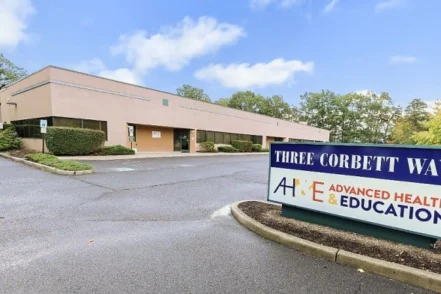 New Jersey
New JerseyAdvanced Health and Education
3 Corbett Way Eatontown, New Jersey 07724
Treatment Programs
- Alcohol Rehab
- Dual Diagnosis
- Opioid Addiction
- +5
-
 New Jersey
New JerseyAbsolute Awakenings Treatment Center
3000 NJ-10 Morris Plains, NJ 07950
Treatment Programs
- Drug Rehab
- +-2
-
 New Jersey
New JerseySpectrum Healthcare
74-80 Pacific Avenue Jersey City, New Jersey 07304
Treatment Programs
- Alcohol Rehab
- Dual Diagnosis
- Opioid Addiction
- +5
